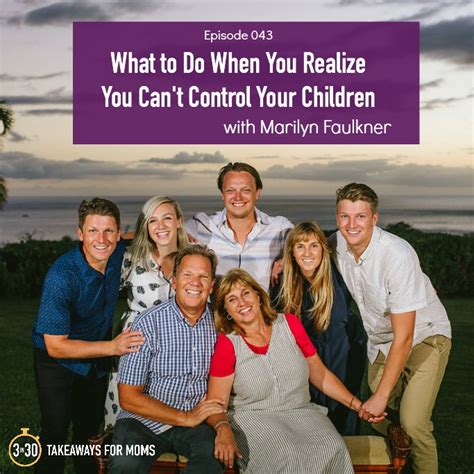How To Stop Being A Controlling Parent
Ronan Farrow
Apr 02, 2025 · 3 min read

Table of Contents
How to Stop Being a Controlling Parent: A Guide to Fostering Independence
Are you a parent who finds yourself constantly micromanaging your child's life? Do you struggle to let go, even when you know it's time? You're not alone. Many parents grapple with the desire to protect their children while simultaneously fostering their independence. This struggle often manifests as controlling behavior. But don't worry, learning to let go and nurture your child's autonomy is achievable. This guide will help you understand the roots of controlling behavior and offer practical strategies for becoming a more supportive and less controlling parent.
Understanding the Roots of Controlling Behavior
Before we delve into solutions, it's important to understand why you might be a controlling parent. This self-awareness is crucial for lasting change. Common reasons include:
Fear and Anxiety:
- Fear of failure: You might worry your child won't succeed without your constant guidance.
- Fear of the unknown: The future can be daunting, and you may try to control things to mitigate uncertainty.
- Anxiety about your child's safety and well-being: This is a natural parental instinct, but it can become excessive.
Personal Experiences:
- Your own upbringing: If you were raised in a controlling environment, you may unconsciously replicate those patterns.
- Past traumas or difficulties: Unresolved personal issues can contribute to controlling behaviors.
- Perfectionism: This can lead to an unrealistic expectation of your child's performance.
Low Self-Esteem:
- A need for control: Controlling your child's life might provide a sense of purpose or accomplishment.
Practical Strategies to Let Go
Now, let's move onto the practical steps you can take to break free from controlling tendencies and foster your child's independence:
1. Identify Your Controlling Behaviors:
- Keep a journal: Track instances where you've felt the urge to control your child's actions or decisions.
- Reflect on your reactions: Analyze the underlying emotions driving these behaviors. Are you afraid, anxious, or insecure?
2. Practice Active Listening:
- Truly hear what your child has to say: Avoid interrupting or dismissing their thoughts and feelings.
- Validate their emotions: Let them know you understand their perspective, even if you don't agree with their choices.
3. Set Clear Boundaries and Expectations:
- Establish reasonable rules: These rules should focus on safety and respect.
- Explain the reasons behind the rules: This helps your child understand your perspective.
- Be consistent in enforcing consequences: This helps your child learn responsibility.
4. Encourage Problem-Solving:
- Resist the urge to immediately solve your child's problems: Instead, guide them through the process of finding their own solutions.
- Ask open-ended questions: Encourage them to think critically and creatively.
5. Celebrate Small Victories:
- Acknowledge your child's accomplishments, no matter how small: This boosts their confidence and encourages independence.
- Focus on effort and progress, not just results: This emphasizes the importance of trying and learning from mistakes.
6. Seek Professional Help:
- Don't hesitate to seek professional guidance: A therapist can help you address underlying issues contributing to your controlling behaviors and develop healthier parenting strategies. This is especially important if you’re struggling to manage your anxiety or other emotions related to your child’s independence.
Letting Go is a Process
Remember, transitioning from a controlling parent to a supportive one is a journey, not a destination. There will be setbacks, and that's okay. Be patient with yourself and your child, celebrate your progress, and keep practicing these strategies. The reward of raising a confident, independent, and well-adjusted child is well worth the effort. By focusing on fostering your child's autonomy, you're not only empowering them but also creating a healthier and more fulfilling relationship for both of you.
Featured Posts
Also read the following articles
| Article Title | Date |
|---|---|
| How To Tell If Breast Milk Has Freezer Burn | Apr 02, 2025 |
| How To Transport Outboard Motor | Apr 02, 2025 |
| How To Sell Alcohol | Apr 02, 2025 |
| How To Store Beach Chairs | Apr 02, 2025 |
| How To Ship A Dirt Bike | Apr 02, 2025 |
Latest Posts
-
How Hard Is It To Get Into Davidson Young Scholars
Apr 04, 2025
-
How Hard Is It To Get Into Chiropractic School
Apr 04, 2025
-
How Hard Is It To Catch A Bluefin Tuna
Apr 04, 2025
-
How Hard Is Dental Assisting
Apr 04, 2025
-
How Hard Does Polymeric Sand Get
Apr 04, 2025
Thank you for visiting our website which covers about How To Stop Being A Controlling Parent . We hope the information provided has been useful to you. Feel free to contact us if you have any questions or need further assistance. See you next time and don't miss to bookmark.
